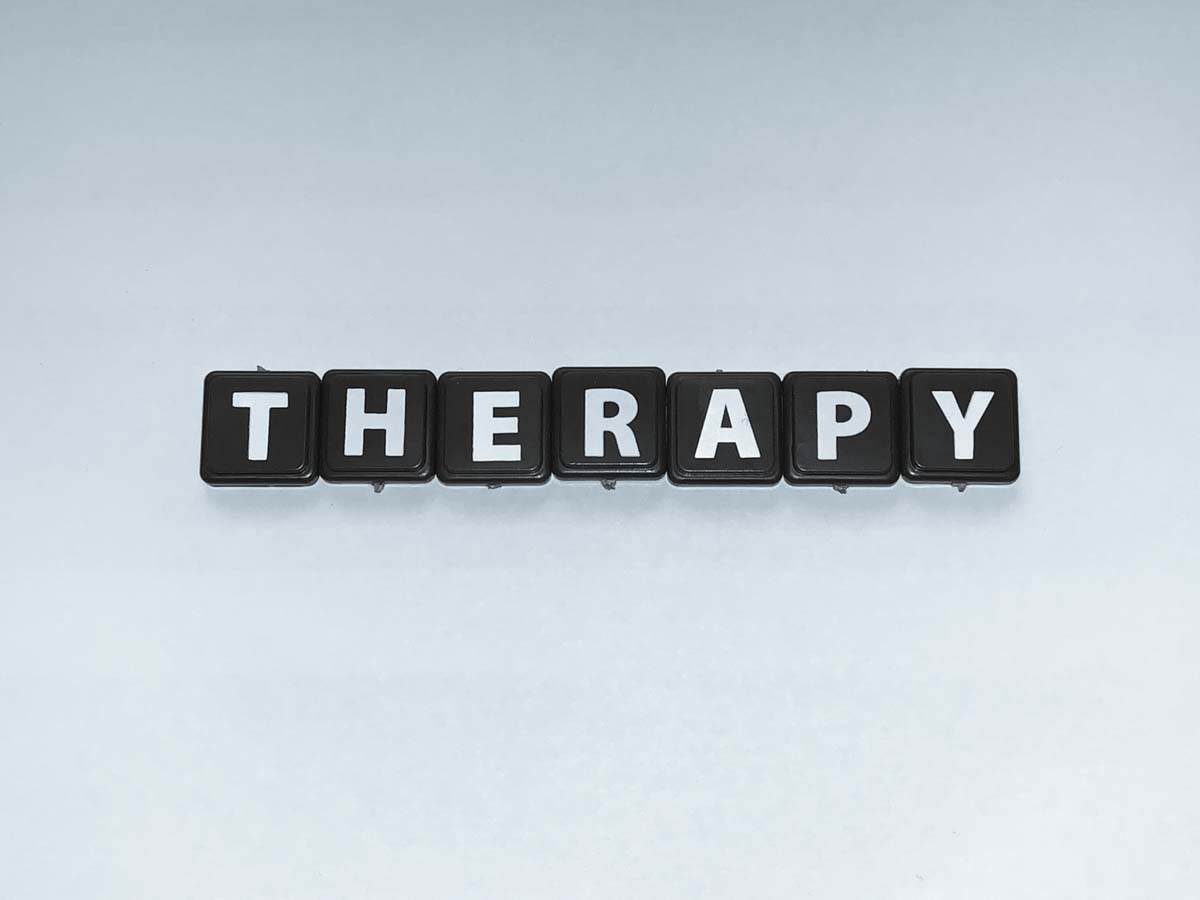Breaking free from addiction is often difficult. Despite experiencing negative consequences, those struggling with addiction may find it hard to break the habit. There are several reasons for this including being afraid or unwilling to deal with withdrawal symptoms or finding it too hard to get and remain sober.
While the key to overcoming addiction is accepting that there’s a problem and being willing to reach out for help, people also need to remain motivated to stay on their recovery journey. One way to strengthen motivation and commitment toward sobriety is by using motivational interviewing.
What is Motivational Interviewing
Motivational interviewing is one of the therapeutic techniques we at Evolve Indy use in conjunction with other forms of therapy as part of our addiction treatment regimen. This method helps clients overcome their fears and uncertainty of battling addiction and motivates them to make the necessary changes to attain sobriety.
Motivational interviewing sessions are referred to as interviews and what sets this method apart from other forms of therapy is that the client is encouraged to solve problems for themselves. The therapist recognizes their autonomy and doesn’t try to convince them to change anything. Instead, they support the client in making their own decisions and goals to bring positive change.
The processes involved in motivational interviewing include:

Engaging
The therapist at first focuses on building rapport and trust with the client. They take time to get to know the client, putting them at ease and creating a comfortable environment. This helps to encourage open and honest communication.
Focusing
The next step is helping the client to find a clear direction and goal. Here the therapist helps the client determine what they want to get out of treatment and what they want to work towards. Instead of telling the client what to do, the therapist allows them to identify the problems and set their own treatment goals. This makes the client feel that they’re in charge of their recovery.
Evoking
Next, the therapist brings out the client’s reasons for getting clean and sober. The client is encouraged to think about their motivations for wanting to change. This could be for health, family, or financial reasons. Whatever they are, the therapist focuses on them, reinforcing the client’s confidence that change is possible.
Planning
Finally, the client is encouraged to work out how they’ll maintain the positive changes after treatment. This involves working with the therapist to come up with coping mechanisms to deal with triggers and stressors to avoid relapse.
Find the Right Treatment Center for You
Finding a treatment center that prioritizes your needs is crucial in helping you overcome addiction. At Evolve Indy, we use evidence-based treatment methods in all our treatment programs- whether you’re in our partial hospitalization or outpatient treatment program. We appreciate that there’s no one-size-fits-all approach to addiction treatment and provide personalized treatment that’s aligned with your recovery goals. Contact us today to see how we can guide you in your recovery journey.

